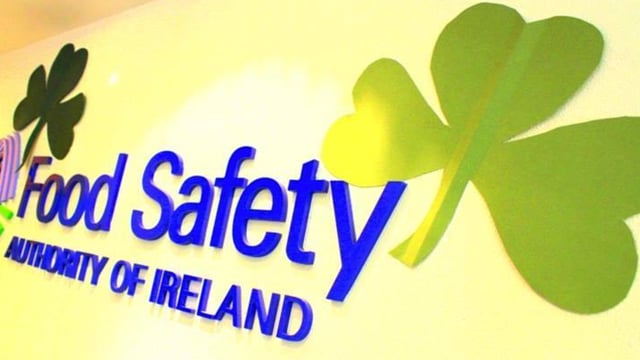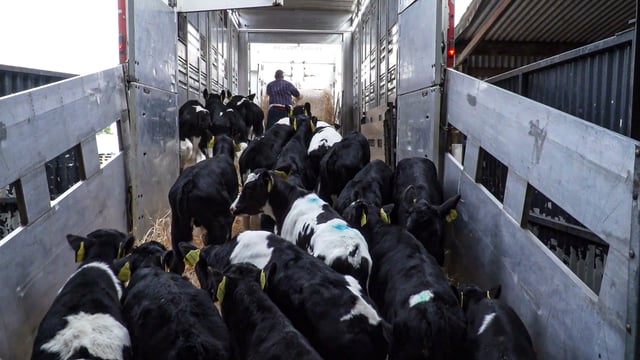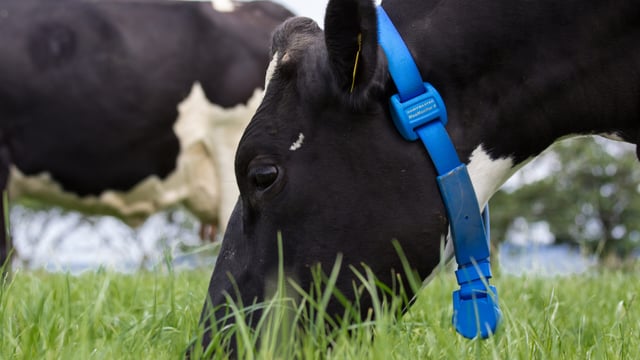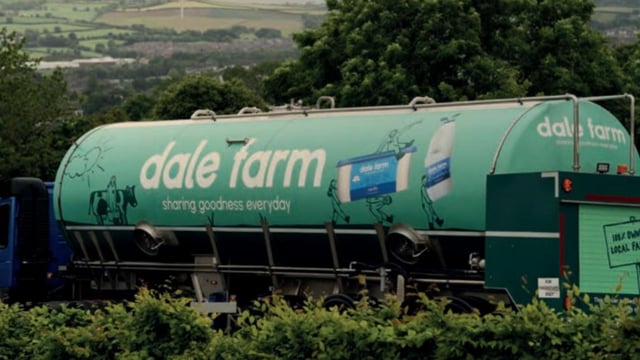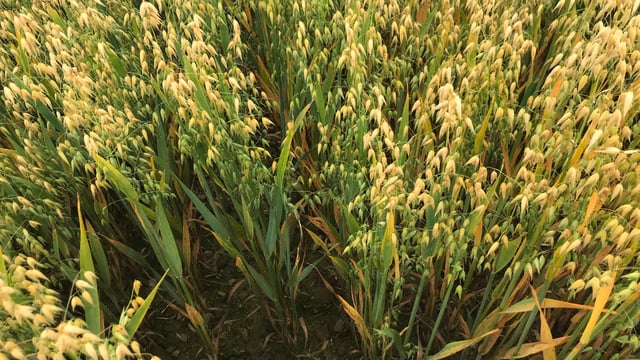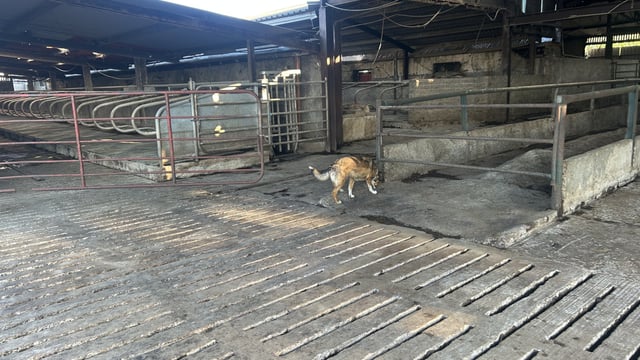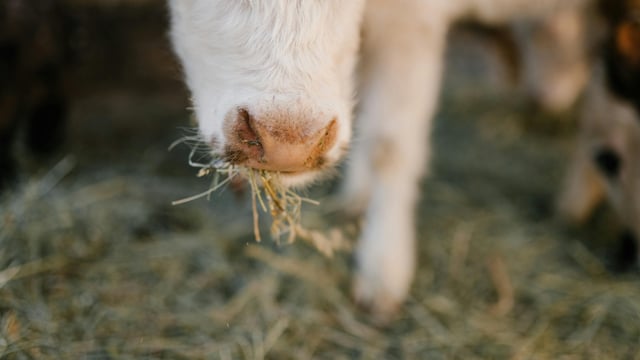Testing to help prevent lumpy skin disease entering Ireland
The Department of Agriculture, Food and the Marine (DAFM) has said that measures already implemented to prevent the spread of bluetongue to Ireland will also be effective in preventing lumpy skin disease (LSD) entering the country.
LSD is notifiable in Ireland and any suspected cases must be reported to the department immediately.
In the areas around the current LSD outbreaks in Italy and France, strict movement controls have been put in place by the authorities which prevent any movement of cattle to Ireland or elsewhere.
A spokesperson for DAFM told Agriland: "Due to bluetongue, there are restrictions in place across much of western Europe which prevent cattle moving to Ireland as the certification requirements cannot be complied with.
"This has the effect of also reducing the risk of the introduction of LSD into Ireland.
"If any animals susceptible to bluetongue are introduced from other EU countries into Ireland, they are subject to strict post-import clinical examination and blood testing for bluetongue.
"Following the LSD outbreaks in Italy and France, the department has expanded this to also include testing for LSD.
"No animals susceptible to bluetongue (i.e., cattle, sheep, camelids) have entered Ireland from other EU countries since July 2024," the department spokesperson added
Lumpy skin disease
An outbreak of contagious LSD was confirmed for the first time in France on Sunday, June 29, 2025.
This strictly animal disease only affects cattle, zebus, and buffalo. Other animal species, such as sheep and goats, are not affected.
LSD is not transmissible to humans, either through contact with infected cattle, through food, or through insect bites.
There is also no risk to human health from the consumption of products derived from these animals, according to the French Ministry of Agriculture.
Animal disease
Meanwhile, at the European Parliament’s Agricultural Committee meeting, MEP Ciaran Mullooly highlighted the severe impact of animal diseases and economic pressures on the livestock sector, emphasising the urgent need to protect small family farms.
Mullooly highlighted Ireland's critical reliance on livestock: "Ireland has probably the highest level of livestock farming in the EU, with over 85% of farms keeping cattle and sheep.
"And it’s the main economic driver in rural Ireland, with over €5.7 billion output, supporting some 50,000 jobs and 100,000 farmers."
He stressed that modest family farms are the sector’s backbone, and that they can face existential threats.
"We’re not just talking about full-time, professional, big farmers, ranch farmers. Our nation is like many in Europe, based on a modest family farm structure. We must remember that, especially as we move towards CAP," he added.
Detailing the challenges, Mullooly cited bureaucratic hurdles compounding disease-related losses: "Today, a poultry farmer in my constituency, with livestock, cleared of a suspected salmonella outbreak, yet still struggling with red tape is facing losses of over €80,000. And the fear of not being able to get compensation for this loss."
He criticised the EU’s policy focus outlining that the reality is that most farmers are small farmers and if something goes wrong with their animals, their business, then their income can suddenly face extinction.
"If we want real food security, we need to give family farms the defences they need; the full support to be able to cope with animal disease and price fluctuation, which as my constituents have experienced, can ruin a farmer’s livelihood and cause considerable stress.”


